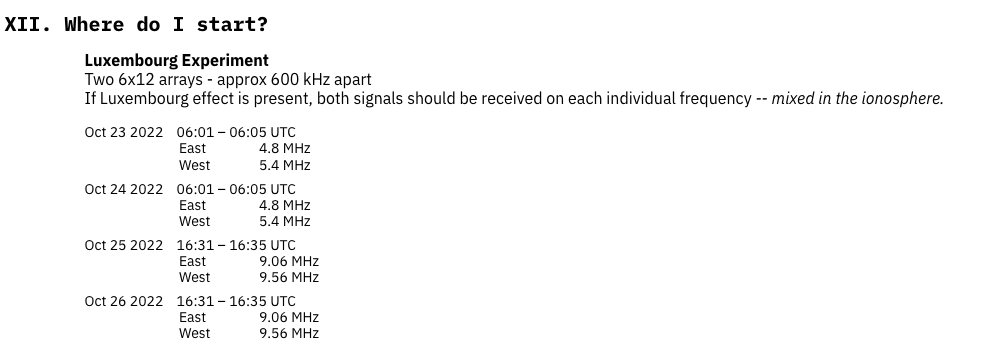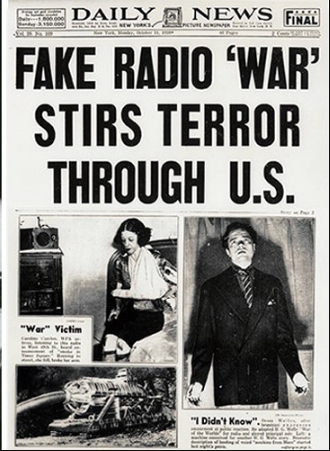In September 2022, Ampegon Power Electronics AG and RNZ (New Zealand public broadcaster) signed a contract to supply a new TSW2100-V4 100 kW shortwave transmitter to New Zealand. The transmitter will broadcast the RNZ Pacific service to millions of people living across the Pacific with high reliability and energy efficiency:
For many years now RNZ has used DRM to feed FM stations in the Pacific islands, a sustainable and ingenious way to use the digital DRM standard to distribute analogue content and introduce digital broadcasting to far-away places in the Pacific. RNZ provides an essential shortwave service, 24 hours a day, for 22 broadcasting partners across the Pacific region.
This new transmitter upgrades their service to the newest standards, the most modern capabilities, and together with their current transmitter, can provide redundancy or additional services in the future,
The TSW-2100 transmitters is capable of both traditional analogue broadcasts and DRM digital broadcasting. It is designed to provide DSB and AMC analogue modes to significantly reduce power consumption and when broadcasting DRM, energy usage is reduced by up to 40% without compromising broadcast range.
Additionally, DRM provides FM quality stereo sound alongside a data stream which can be used to send text messages, advertising, images and the “Journaline” text service which provides capabilities for remote learning.

Richard Sutherland, Head of News at RNZ explains:. RNZ shortwave transmissions are a lifeline source of information, which helps to support sustainable social and economic resilience”.
The new transmitter is planned to be delivered in 2023 and put into operation in early 2024
A spokesperson from Ampegnon, Simon Keens said “With growing global instability, Ampegon is receiving more and more frequent requests for shortwave transmitters, which are capable of extremely long range international and intercontinental broadcasting. Additionally, with the increasing cost of energy, DRM digital shortwave broadcasting makes a lot of sense, saving over 40% of the energy at the flick of a switch. Radio New Zealand has chosen one of our most economical transmitter setups for maximum efficiency, while providing FM quality DRM coverage over the entire Pacific region over shortwave for decades to come.”

The HAARP program is committed to developing a world-class ionospheric research facility consisting of:
- The Ionospheric Research Instrument, a high power transmitter facility operating in the High Frequency range. The IRI can be used to temporarily excite a limited area of the ionosphere for scientific study.
- A sophisticated suite of scientific or diagnostic instruments that can be used to observe the physical processes that occur in the excited region.
Observation of the processes resulting from the use of the IRI in a controlled manner will allow scientists to better understand processes that occur continuously under the natural stimulation of the sun.
Composition #2 October 2022

Most shortwave listeners will be interested in the radio sections:
XI, XII, XVIII, and XX which will be broadcast every day at the times nominated in the schedule.




You may recall last year at Halloween, we invited you to listen to the original broadcast of “A Witch’s tale” If you have not heard that one yet, add it to your list. It’s a fantastic piece of radio drama history!
This Halloween, celebrate the spooky….. Turn your lights down low, light a candle and listen to this spooky 1938 radio production of the H. G. Wells’ classic sci-fi novel, The War of the Worlds.
The broadcast begins as a simulation of a regular evening radio broadcast featuring a weather report and music by “Ramon Raquello and his Orchestra” live from a downtown New York hotel ballroom, reminiscent of broadcasts at that time.
Suddenly, a couple of minutes int the broadcast, the music is interrupted by an emergency news flash as reports come in of strange explosions on Mars!
The music performance continues before there is another interruption- A Princeton based astronomy professor Richard Pierson is questioned about these “gas explosions” on Mars, but dismisses them. The music continues until news hits of a strange meteorite landing in “Grovers Mill, New Jersey”
This particular broadcast is said to have caught many radio listeners off guard, those tuning between program breaks on other channels, stumbling across this “breaking news” style of storytelling used during the first part of the show were incredibly alarmed on all Hallows Eve that year! Partly because this was a tense period of time just prior to World War II when radio was the main source of media and information.
Widespread outrage was expressed in the media, leading to an outcry against the broadcasters and calls for regulation by the FCC.
The very next morning a news conference was called, at which 23 year old Welles apologised.
The broadcast and subsequent publicity brought the 23-year-old Welles to the attention of the general public and gave him the reputation of an innovative storyteller and “trickster”

Do you remember the story of the War of The Worlds? We recommend listening to the broadcast, but also imagine it is 1938, you are tuning channels and you come across this broadcast! You couldn’t have pulled off this trick with the internet or TV, the fact that it was over airwaves made it all the more real.
Click here to listen to the original broadcast HERE
Courtesy of Internet archives. Archive.org
Another interesting pastime that we have noted on Youtube in recent years, is people searching for pirate radio stations on Halloween, a time popular for receiving these signals, which kind of adds to the creepiness of some of these pirate stations.
If you are in a neighbourhood that has many kids, be warned, Halloween is gaining popularity these days. You may just get some mini ghosts and ghouls at your door looking for lollies!
Little mischief minded kiddos are ready to play a trick if they receive no treat. If you do want to participate in Halloween and you have kids in the neighbourhood, be sure to add some orange streamers or an orange balloon to the front of your house and have your treats on hand.



